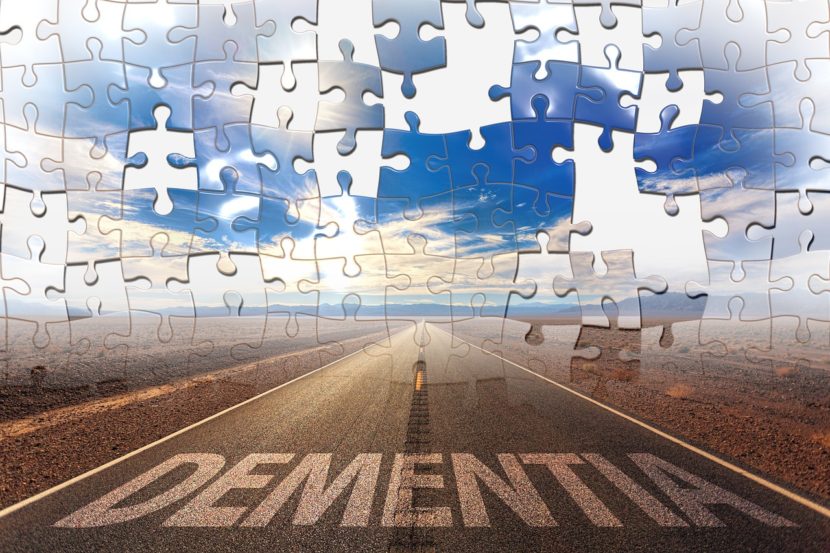What are the Types of Dementia?

Dementia is a thief. Just ask my life partner/care partner, Brian, who has Alzheimer’s disease and vascular dementia. It’s an armed robber that steals memories, mostly in reverse chronological order, so what happened weeks, days, hours or even seconds ago can be a complete mystery. Some folks regress to the point they’re “mentally present” in […]
